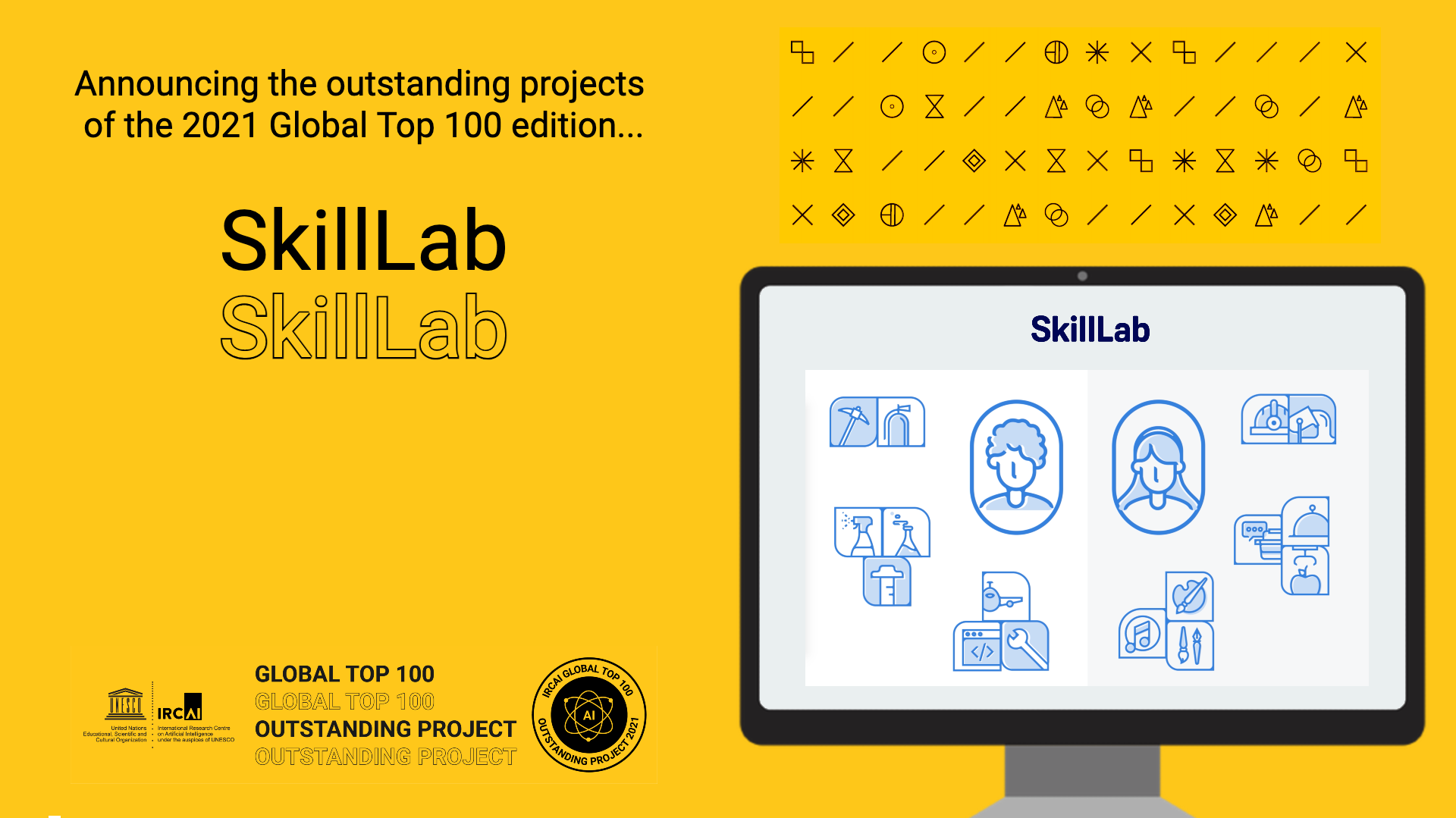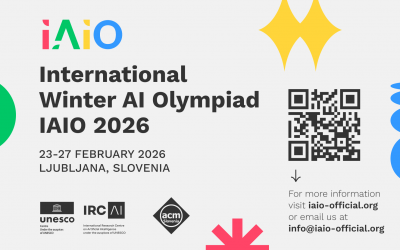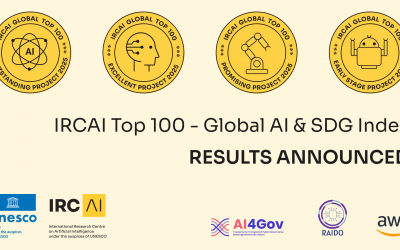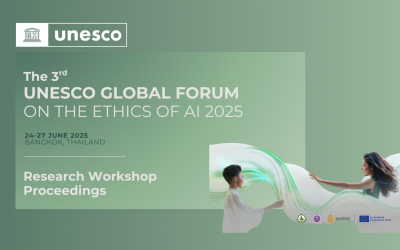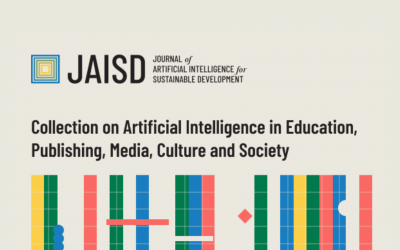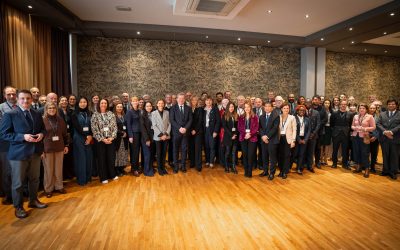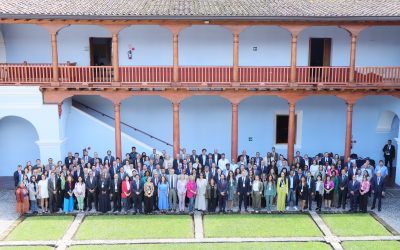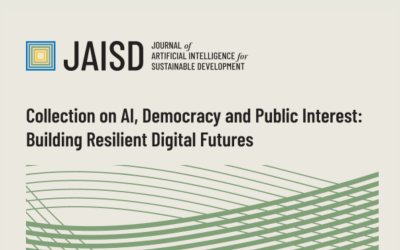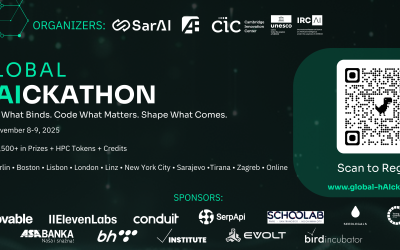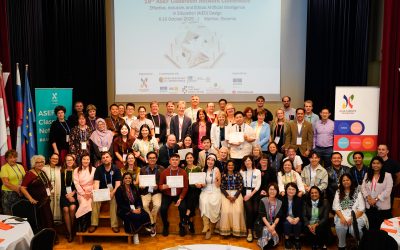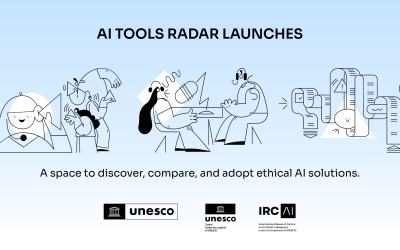SkillLab aims to guide the widest possible audience apply for a job or a degree. Its AI-based solution empowers people by capturing their skills, finding suitable educational qualifications and jobs, and helping them generate customized vocational training. SkillLab aims to make career guidance accessible, especially to marginalized populations, offering them a “pathway to employment based on a skill-recognition system that is granular, technology-enabled and data-driven.” Regarding the UN Sustainable Development Goals, the project aims to contribute to SDG1, SDG4, SDG8 and SDG10.
As announced in previous articles, the IRCAI Scientific Program Committees and the IRCAI Scientific Journal Editorial Board have completed their review of the Global Top 100 project submissions. 10 solutions were ranked as “outstanding projects” based on the centrality of AI, potential impact on relevant SDG(s), demonstration of potential in the completed work (either a proof of concept or completed research paper ), and ethical design. The goal of this article is to introduce the project to relevant stakeholders and the broader public, and to make the voices of the team behind SkillLab heard on the world stage.
To use SkillLab’s service, users must first create a skills profile through an AI-based interview that emanates from the European Skills, Competencies, Qualifications and Occupations (ESCO) framework – a framework that includes 13,485 skills and 2,942 occupations. SkillLab’s award-winning Google AI Impact ML model then intelligently adapts to users’ responses by creating performing a “quick and responsive skill profiling and allowing them to navigate through the extensive ESCO framework. Depending on what the generated skill profile suggests, SkillLab then suggests specific occupations as well as all current job openings in the user’s region.
In addition to assisting job seekers, SkillLab’s solution also advises users on how to enroll in educational programs (online or in-person) to close any skills gaps between the user’s desired occupation and identified skills. To do this, SkillLab uses insights from its data model and applies natural language processing (NLP) to it to ensure that the skills taught in educational programs and the skills required for open jobs are correct.
To get a deeper look into SkillLab’s solution, they created an explainer video.
All in all, by easing the access to the labor market to a wider audience, SkillLab makes a positive impact by making “economies become more efficient and societies become fairer and more inclusive”.
For more information about this project, feel free to consult SkillLab’s website or to reach out to them on LinkedIn:
